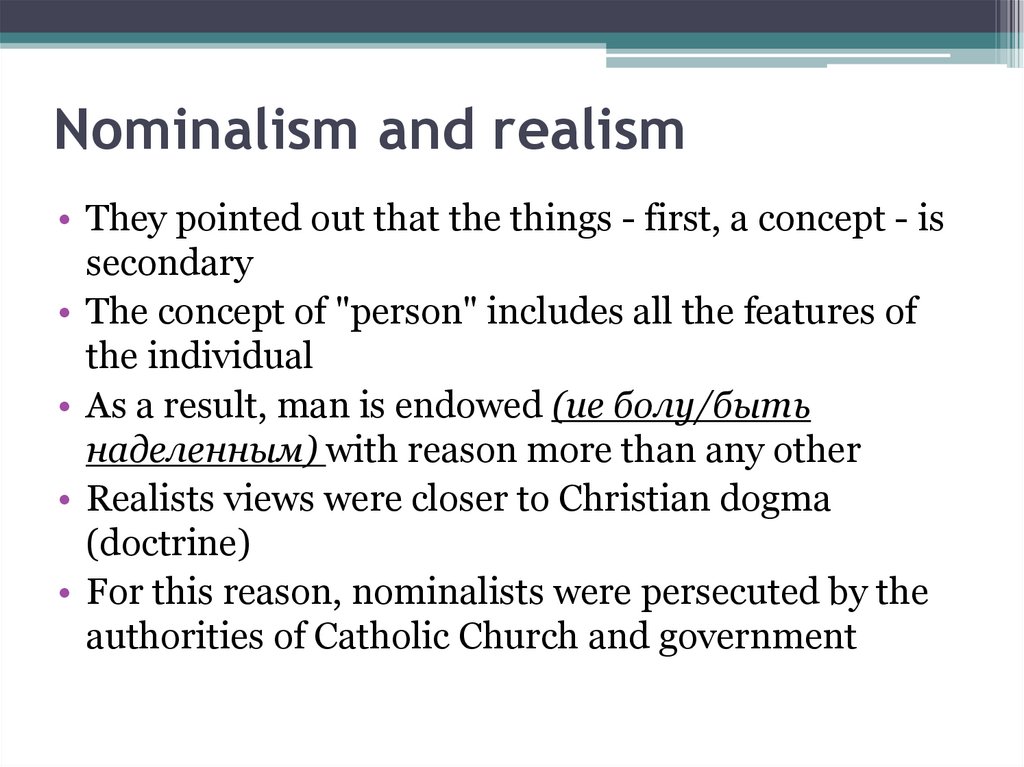Nominalism vs. Realism in Philosophy
Mar 26, 2023
This paper explores the two rival theories of nominalism and realism in philosophy, examining their key differences and the implications of these distinctions. Nominalism is an epistemological stance that denies the existence of universal truths or essences, instead holding that all objects exist only as individual entities with no underlying shared attributes. In contrast, Realism holds that some abstract universals do exist and are independent of language or human perception. This means that there are objective truths which can be discovered through reason and observation.

The debate between Nominalism and Realism has been ongoing for centuries, with each viewpoint having its own strengths and weaknesses. From a nominalist perspective, one advantage is that it allows us to more easily accept diversity in our world by avoiding any need to reconcile different beliefs or interpretations. On the other hand, Realists believe that a universal set of truths exists which can be discovered through reason and observation. This allows for more consistent predictions and explanations of phenomena, but also restricts our ability to think independently or make exceptions in certain circumstances.
In conclusion, it is clear that both Nominalism and Realism have their own merits and drawbacks. Ultimately, which side one takes likely depends on personal preference and worldview. In any case, understanding this philosophical debate helps us to better understand the context behind many of the discussions we have today regarding truth, knowledge, and reality. By examining each perspective with an open mind, we can gain a broader appreciation for the complexity of these issues as well as their potential implications for our lives.
